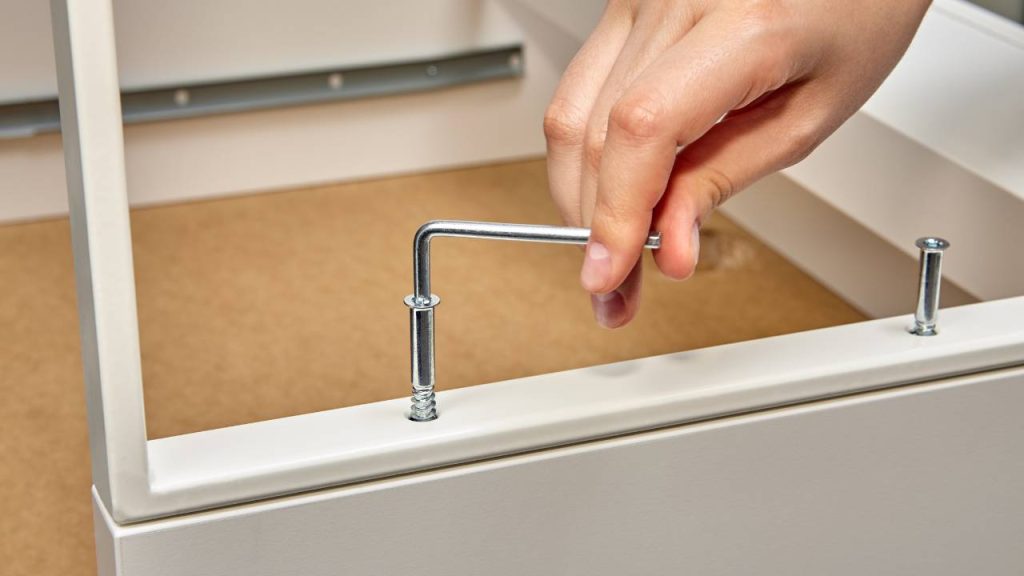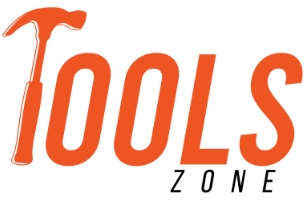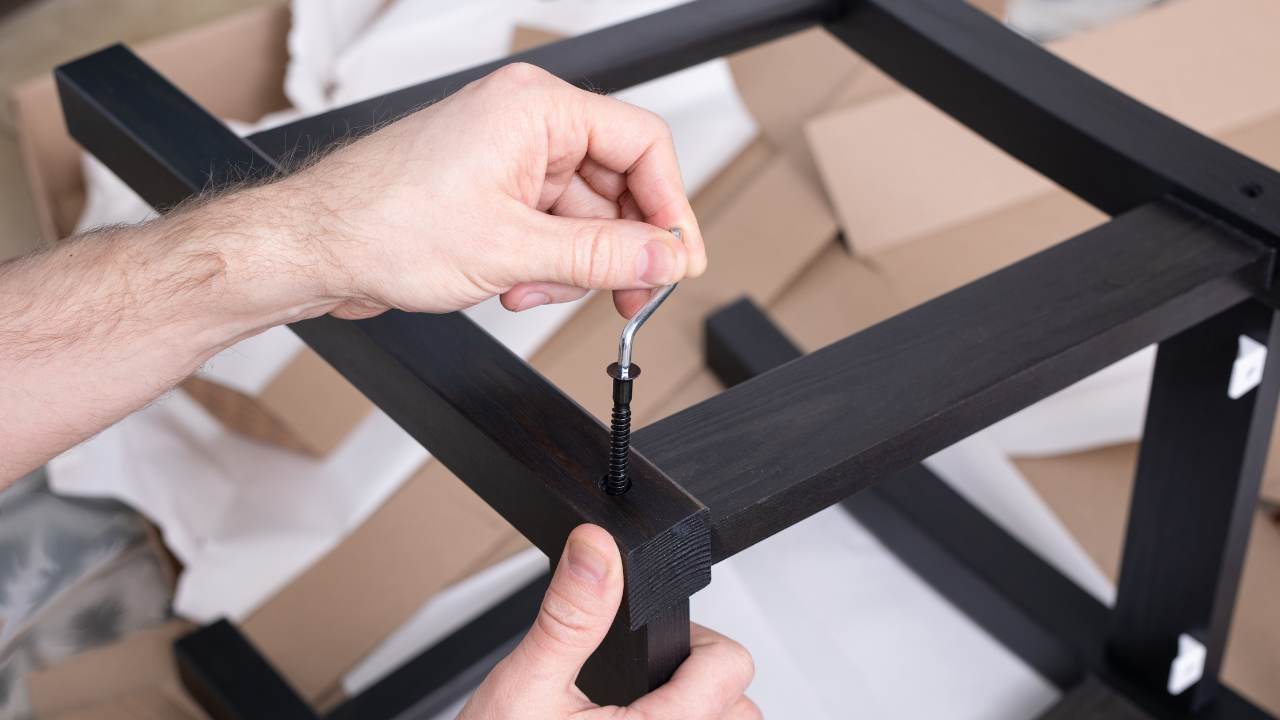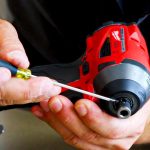As the saying goes, “A craftsman is only as good as his tools.” This statement holds true when it comes to repairing or assembling objects. Using the right tools not only makes the job easier, but it also ensures that the job is done correctly. When it comes to wrenches, there are many types available in the market, but two of the most commonly used are Allen wrenches and regular wrenches. These two tools are often used interchangeably, but they have distinct differences that make them better suited for certain tasks.
An Allen wrench, also known as a hex key or hex wrench, is a small, L-shaped tool with a hexagonal cross-section. It is typically used to tighten or loosen screws or bolts with hexagonal sockets, such as those found on furniture, bicycles, and electronics. On the other hand, a regular wrench, also known as an open-end wrench or spanner wrench, is a larger tool with a U-shaped opening that is used to turn nuts and bolts.
While the two types of wrenches may seem similar, they have different shapes, designs, and applications. As such, using the wrong wrench for a particular task can lead to problems, including stripped bolts or damaged objects. In this article, we will explore the differences between Allen wrenches and regular wrenches and provide guidance on when to use each type of tool. By the end of this article, you will have a better understanding of how to choose the right tool for your next project.
Differences Between Allen Wrench And Regular Wrench
When it comes to choosing between an Allen wrench and a regular wrench, it is essential to understand the differences between the two tools. Here are some of the key differences between Allen wrenches and regular wrenches:

- Shape and Design: Allen wrenches have a hexagonal cross-section and are L-shaped, while regular wrenches have a U-shaped opening and are straight or angled. The hexagonal shape of the Allen wrench makes it easier to grip and turn hexagonal bolts or screws, whereas the U-shaped opening of the regular wrench can accommodate different sizes of nuts and bolts.
- Application and Usage: Allen wrenches are primarily used for hexagonal bolts or screws, while regular wrenches are used for turning nuts and bolts. Allen wrenches are commonly used in furniture assembly, electronics, and bicycle repair, while regular wrenches are used in automotive repair, plumbing, and construction.
- Advantages and Disadvantages: Allen wrenches are compact, lightweight, and easy to use in tight spaces. They are also less likely to slip or damage the bolts or screws they are used on. However, they have limited applications and are not suitable for turning nuts or bolts that are not hexagonal. On the other hand, regular wrenches have a wider range of applications and can turn nuts and bolts of different shapes and sizes. However, they are bulkier and less precise than Allen wrenches and can slip or damage the object if not used properly.
When to use an Allen wrench
Allen wrenches are commonly used for hexagonal bolts or screws and are particularly useful for furniture assembly, electronics, and bicycle repair. Here are some instances when you should consider using an Allen wrench:
- Furniture Assembly: Most ready-to-assemble furniture comes with hexagonal bolts or screws, which can be tightened or loosened with an Allen wrench. Allen wrenches are particularly useful for assembling the furniture as they can reach tight spaces and prevent over-tightening, which can damage the furniture.

- Electronics: Electronics such as computers, laptops, and mobile phones often have hexagonal screws that require an Allen wrench to tighten or loosen. Using an Allen wrench ensures that the screws are tightened to the correct torque without damaging the object.
- Bicycle Repair: Bicycles have several components that require hexagonal bolts or screws, such as handlebars, pedals, and seat posts. Allen wrenches are compact and can fit into small spaces, making them ideal for bicycle repairs.

- Other Applications: Allen wrenches can also be used in other applications, such as model building, robotics, and woodworking.

When using an Allen wrench, it is important to select the correct size that matches the hexagonal bolt or screw. Using the wrong size can result in the tool slipping or damaging the bolt or screw. Additionally, it is important to use the wrench at the correct angle and apply the appropriate amount of force to prevent over-tightening.
When to use a Regular wrench
Regular wrenches are versatile tools that can be used in a variety of applications. Here are some common situations where a regular wrench may be the best tool for the job:
- Turning nuts and bolts: Regular wrenches are designed to turn nuts and bolts of different shapes and sizes, making them ideal for use in automotive repair, plumbing, and construction.
- Tightening or loosening fasteners: If you need to tighten or loosen a fastener, such as a nut or bolt, a regular wrench can be a great tool to use. The U-shaped opening of a regular wrench allows you to grip the fastener securely and turn it with ease.
- Removing rusted or seized nuts and bolts: If a nut or bolt has become rusted or seized, a regular wrench can be used to apply extra leverage and force to turn it. The length and design of the regular wrench allow you to generate more torque than you could with a smaller tool like an Allen wrench.
- Working in tight spaces: While regular wrenches are bulkier than Allen wrenches, they can still be used in tight spaces. Angled or offset wrenches can be especially useful in reaching bolts or nuts that are located in hard-to-reach areas.
When using a regular wrench, it is important to choose the correct size wrench for the job to avoid slipping or damaging the fastener. It is also essential to use the wrench correctly by applying force in the correct direction and avoiding over-tightening or over-loosening the fastener. With proper use, a regular wrench can be a reliable and versatile tool for a wide range of applications.

Is Allen Wrench Better Than Regular Wrench?
Whether an Allen wrench is better than a regular wrench depends on the specific task or application. Allen wrenches have certain advantages over regular wrenches, such as their compact size, lightweight, and ability to reach tight spaces. They are also less likely to slip or damage the bolts or screws they are used on. However, they have limited applications and are not suitable for turning nuts or bolts that are not hexagonal.

On the other hand, regular wrenches have a wider range of applications and can turn nuts and bolts of different shapes and sizes. They are bulkier and less precise than Allen wrenches but can be used in a variety of tasks, including automotive repair, plumbing, and construction.
Ultimately, the choice between an Allen wrench and a regular wrench comes down to the specific task or application at hand. Both tools have their unique advantages and disadvantages, and the right tool for the job will depend on the type of fastener, the space available, and the required torque or force.










Leave a Comment